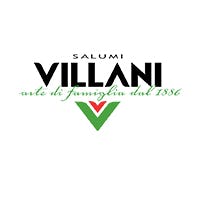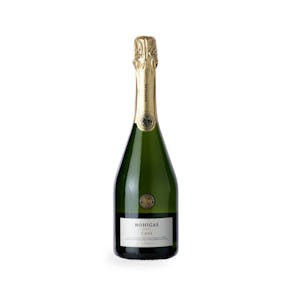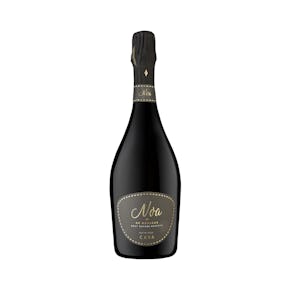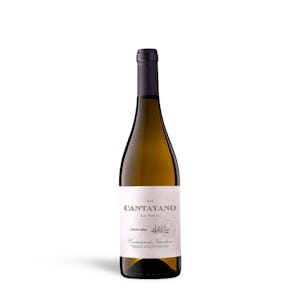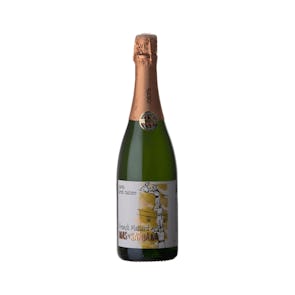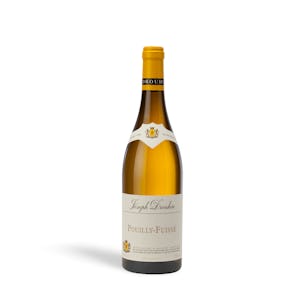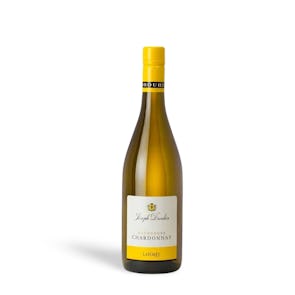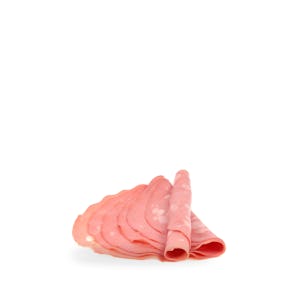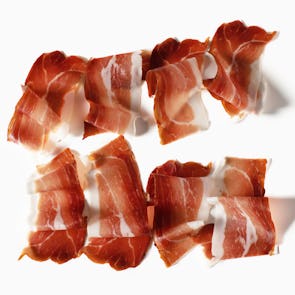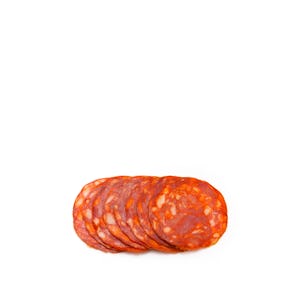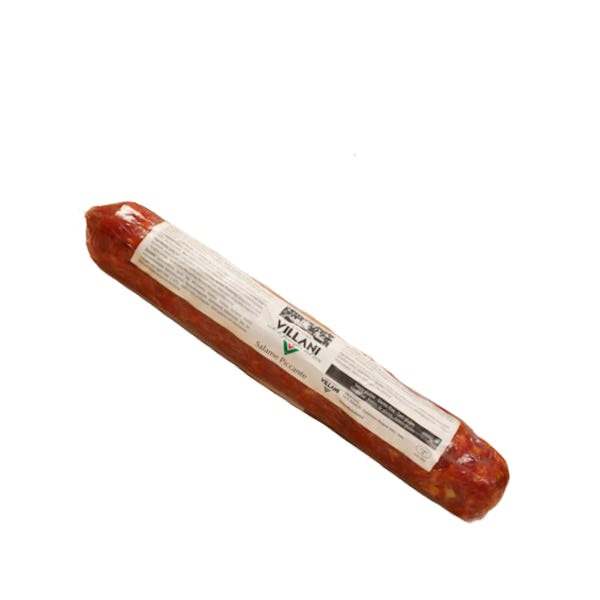
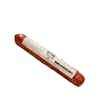
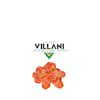
TASTING NOTES FROM THE CURATOR
This cured meat comes from the Calabria region of Italy, and is what Americans call “pepperoni.” Real pepperoni, though, is actually sweet bell peppers in Italy. It’s flavored with paprika and red peppers, or pepperoncino, which is where the linguistic confusion comes from.
The Villani Salami Piccante is hot and aromatic. But its spiciness is beautifully balanced, and never overwhelming. It’s perfectly seasoned, and does not overpower the incredible flavor of the well-made meat. It’s also not too fatty, just enough little white pockets of fat to give off that unmistakable piquancy.
PREPARATION AND PAIRINGS
The Villani Salami Piccante is delivered to you already sliced, and ready to add to your charcuterie. Pair with a good aged Gouda, or this chevre from Malagos Farmhouse. A light-bodied red, like a Zinfandel, or a dry and crisp Pinot Grigio, would work wonderfully with the salami piccante.
You can even make a very simple, very delicious pasta with it. All you need to do is cook your Villani Salami Piccante on a pan over medium heat for 3-4 minutes. Then add in some grape tomatoes, cooking until heated through. Toss in your drained cooked pasta, some grated parmesan or cheddar, and parsley. Toss together, then season with pepper. Serve, and enjoy!
THE EQUILIBRIUM OF TRADITION AND MODERNITY
Founded in 1886 in Castelnuovo Rangone, near Modena, Villani was properly established when Ernesta and Costante Villani bought a building in the town center. They were already marketing dry-cured ham, and with this venture, they expanded to producing salami, coppa, bacon, mortadella, and cooked ham.
In the 1930s, the company was already well into exporting. And Giuseppe, their son (one of eleven) had gotten an idea when he returned from the States. Drying hangers would revolutionize dry-cured pork production processes.
The idea was quickly adopted by more and more charcuterie producers, and these mobile hangers are still used today as basis for the modern drying process. But Giuseppe’s passion did not stop there. He went all over Italy, searching for new regional recipes and methods, gathering experience along the way. Eventually, Villani expanded their production to more regional specialties, sold both worldwide and in the areas where the recipes originated, which served as great recognition and appreciation for the quality of their meats.
Villani now was five processing sites, catered to making different meats according to DOP and IGP labels. The meats are still made with traditional means—manual skills fundamental to the quality, but they have also adapted to modern systems and research. The family’s coexisting spirits of tradition and modernity allowed the company to bloom into what it is now.
Storage Instructions
Vacuum-sealed packs of hand-carved cured meats can last up to five months in the refrigerator (never the freezer). Once the pack is opened, they’re best enjoyed within the day.

